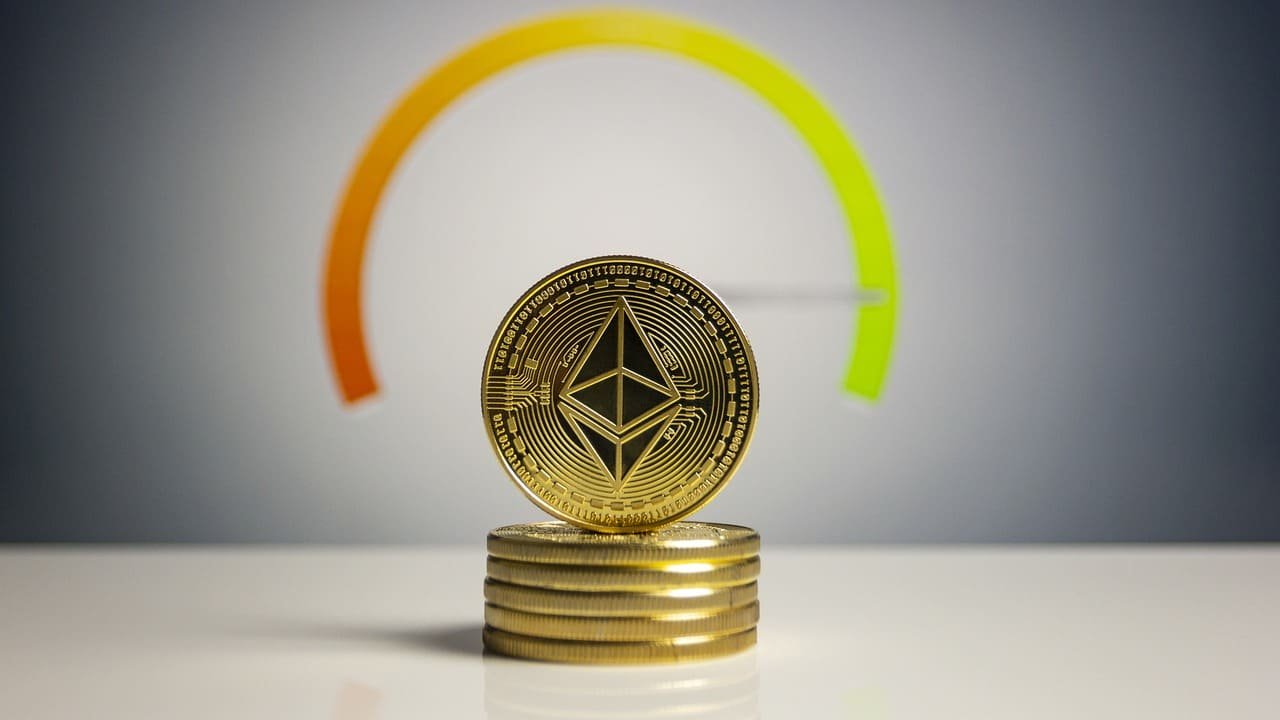According to a chart provided on January 20 by Cardano Daily, the Cardano blockchain has handled more transactions than Ethereum. This initial blockchain had a value of 6.5 billion dollars, whereas its opponent had a value of 5.8 billion.
Despite the increased volume, ADA’s transaction fees are 568 times less expensive than its competitors, and it only costs $76,500 to process $6.5 billion in transactions. The ETH network, by comparison, charged $38.6 million for a significantly smaller amount of transactions.
Cardano founder Charles Hoskinson remarked to the coming Basho period in response to the Messari platform’s numbers, saying:
Basho is an optimization period during which the network’s scalability and interoperability are enhanced. Rather than working on decentralization and additional features, Basho prioritizes improving the Cardano network’s essential speed. This way, it will be able to manage high-volume applications.
Cardano’s scalability
Cardano intends to scale in multiple ways in 2022. One option is to expand the block size, which was recently increased from 8KB to 72KB to accommodate additional transactions.
Cardano’s parent company, Input-Output, highlighted potential on-chain and off-chain technologies that will enable the cryptocurrency to scale in 2022.
Furthermore, the initiative intends to improve its Plutus smart contract platform, and it will now concentrate on making the EUTXO model work effectively. It is worth mentioning that the Cardano blockchain’s ability to execute smart contracts has already resulted in significant network growth.
Read Also: Zonda Gets First Canadian Cryptocurrency Exchange License
Disclaimer: The information provided in this article is for informational purposes only and should not be construed as financial or investment advice. Cryptocurrency investments are subject to market risks, and individuals should seek professional advice before making any investment decisions.


Comments are closed.